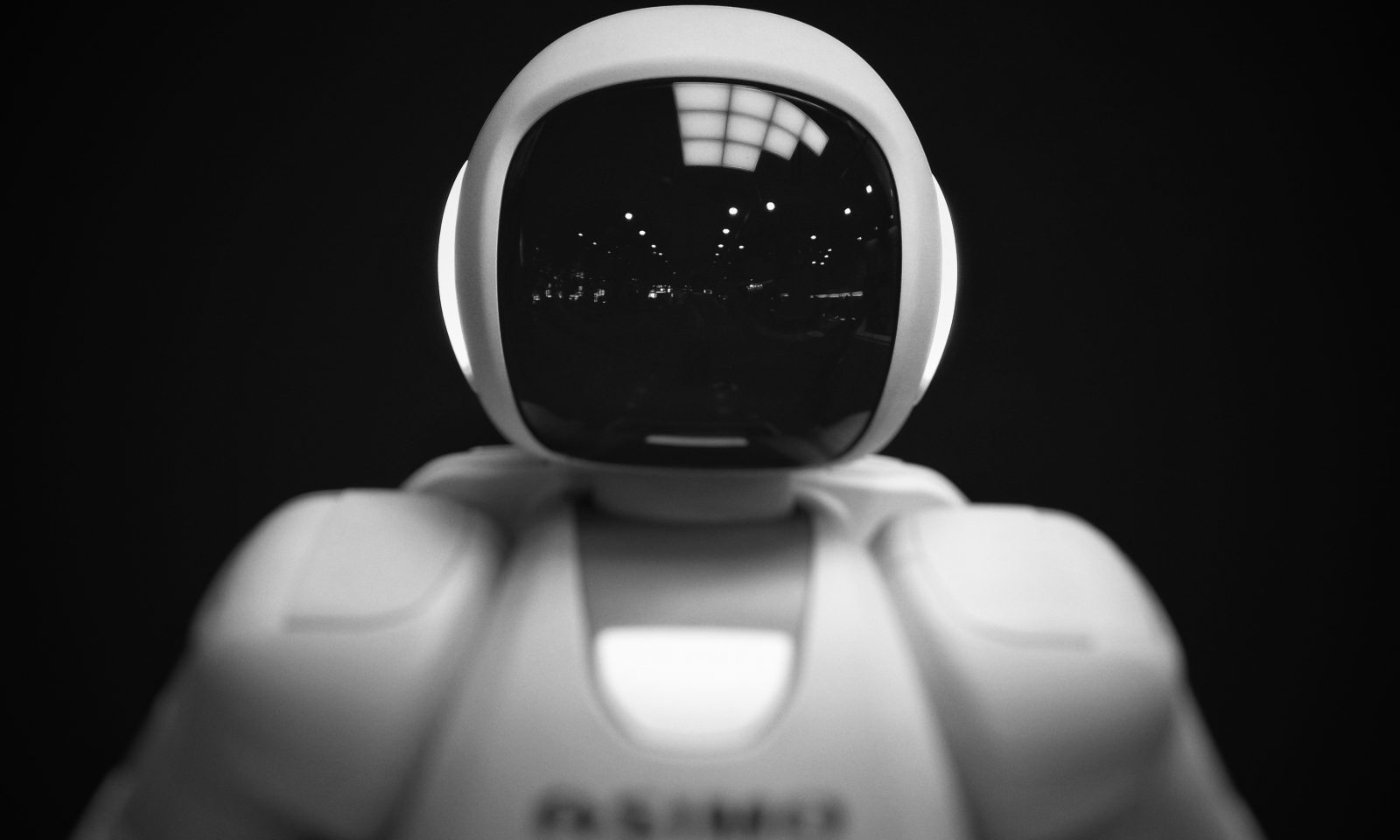Machines, ethics and copyright
ChatGPT poses difficult questions in the field of authorship as well as in the field of ethics in science (and also in other fields where independent work is required).
We are getting closer to the moment when machines will be able to create independently (we are not there yet, although the result produced by a machine can already look quite similar to a human-made creation). In addition, this technology opens up endless ethical questions in the field of science, since this technology enables the “creation” of works that people can pretend to have created without this tool. These are similar ethical problems as when persons who do not meet the conditions for authorship are listed under articles or when one of these persons is omitted. For the theoreticians who have been and will write about these challenges, these are the most interesting career questions, but in reality commercial players and machine owners in particular are pushing for intellectual property rights to be granted to products produced by machines as well.
Another political point of interest: while we are still debating this in the democratic parts of the world, Ukraine has changed the copyright law in the whirlwind of war, and according to the new law, “creations” produced by machines are protected by related rights (copyright-like rights). It is not talked about very loudly, but it points to the strange backgrounds and foregrounds of the war in Ukraine.
The Grand Board of the European Union Intellectual Property Office (EUIPO) finally ruled that the figurative sign ‘COVIDIOT’ cannot be registered as an EU trademark.
The 4th Open Knowledge Day took place on Tuesday 17 October 2023, with an accompanying workshop on 18 October 2023. This year it was organised by the Open Data and Intellectual Property Institute (ODIPI) and supported by Knowledge Rights 21 (KR21).
We invite you to the fourth Open Knowledge Day and the workshop, which will take place this year within the framework of the programme and with the support of Knowledge Rights 21. The event will bring together experts from different European countries to discuss two topics: the first part will deal with the legal basis for data analytics, which is a key part of machine learning and related artificial intelligence, and the general exception for research. In the second part, open science in theory and practice will be presented both in Slovenia and in some Western Balkan countries. Representatives of research and educational institutions from Slovenia and the Western Balkan countries, as well as interested members of the public, are invited to attend.
Dr. Maja Bogataj Jančič, a renowned expert in copyright law, has joined the Berkman Klein Center for Internet & Society at Harvard University, where she will serve as an affiliate researcher for the next two years.





